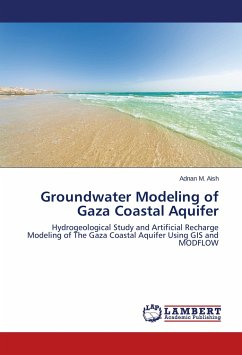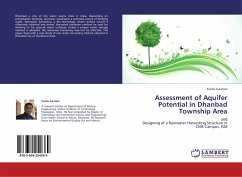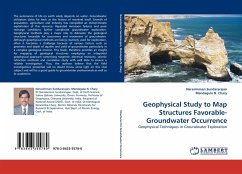Groundwater is the principal source of drinking water for population and its systems change in response to development and should be monitored and evaluated on a regular basis to quantify the amount of water available for use and the ramifications of using the resource. Each regional groundwater system is unique in terms of climate, hydrogeological framework, and boundary conditions, and each system responds differently to stresses from human development and climate. There is a critical lack of data on groundwater allocations, actual withdrawals of groundwater, and volumes discharged or reused. Groundwater cannot be man-aged effectively without these data, and the agencies responsible should assign a high priority to their collection. Groundwater sustainability can be enhanced when multiple government agencies, citizens groups and scientific researchers work together for prioritizing on groundwater sustainability targets techniques for acquiring and applying sustainability indicators to improve management need further development.
Bitte wählen Sie Ihr Anliegen aus.
Rechnungen
Retourenschein anfordern
Bestellstatus
Storno








